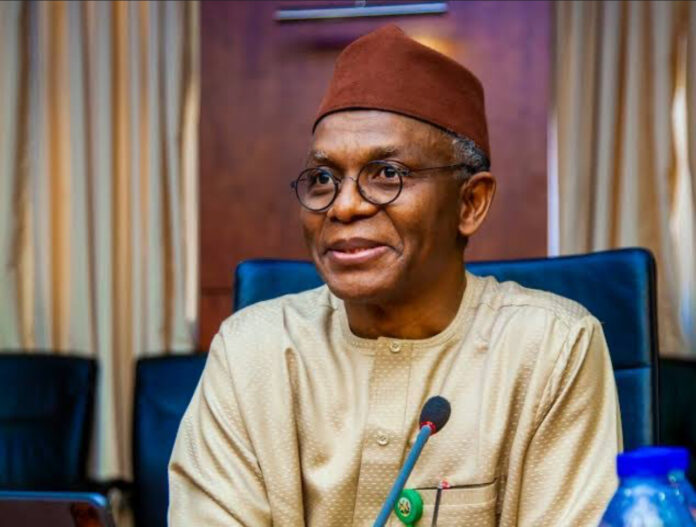By Hauwau Shehu Maikeffi
In a move that has sent shockwaves through Nigeria’s political sphere, former Kaduna State Governor and founding member of the All Progressives Congress (APC), Nasir El-Rufai, has officially resigned from the ruling party to join the Social Democratic Party (SDP). This unexpected defection raises critical questions about the future dynamics of Nigerian politics.
El-Rufai announced his departure from the APC in a letter titled “Onwards to the Future,” citing a growing misalignment between his personal values and the party’s direction. He expressed disappointment with the current leadership, stating, “Developments in the last two years confirm that there is no desire on the part of those who currently control and run the APC to acknowledge, much less address, the unhealthy situation of the party.” He further elaborated that he had raised concerns both privately and publicly regarding the party’s trajectory but found no willingness to address these issues.
The former governor’s defection to the SDP is expected to shake up the political landscape, particularly in northern Nigeria, where he maintains significant influence. El-Rufai’s move has sparked widespread reactions on social media, with many Nigerians expressing surprise and curiosity about his future political ambitions. Some speculate that this could be a strategic step toward a presidential bid in 2027, while others view it as a bold statement against the current APC leadership.
As the nation grapples with this development, one pressing question emerges: Could El-Rufai’s defection signal the beginning of a major political realignment in Nigeria ahead of the 2027 elections?










